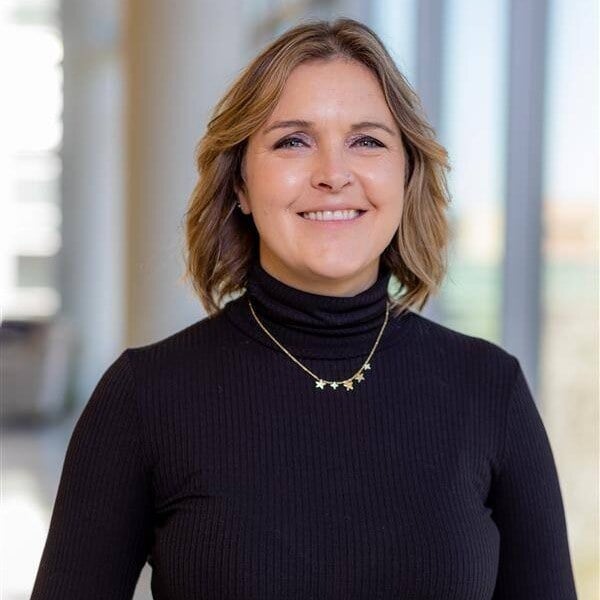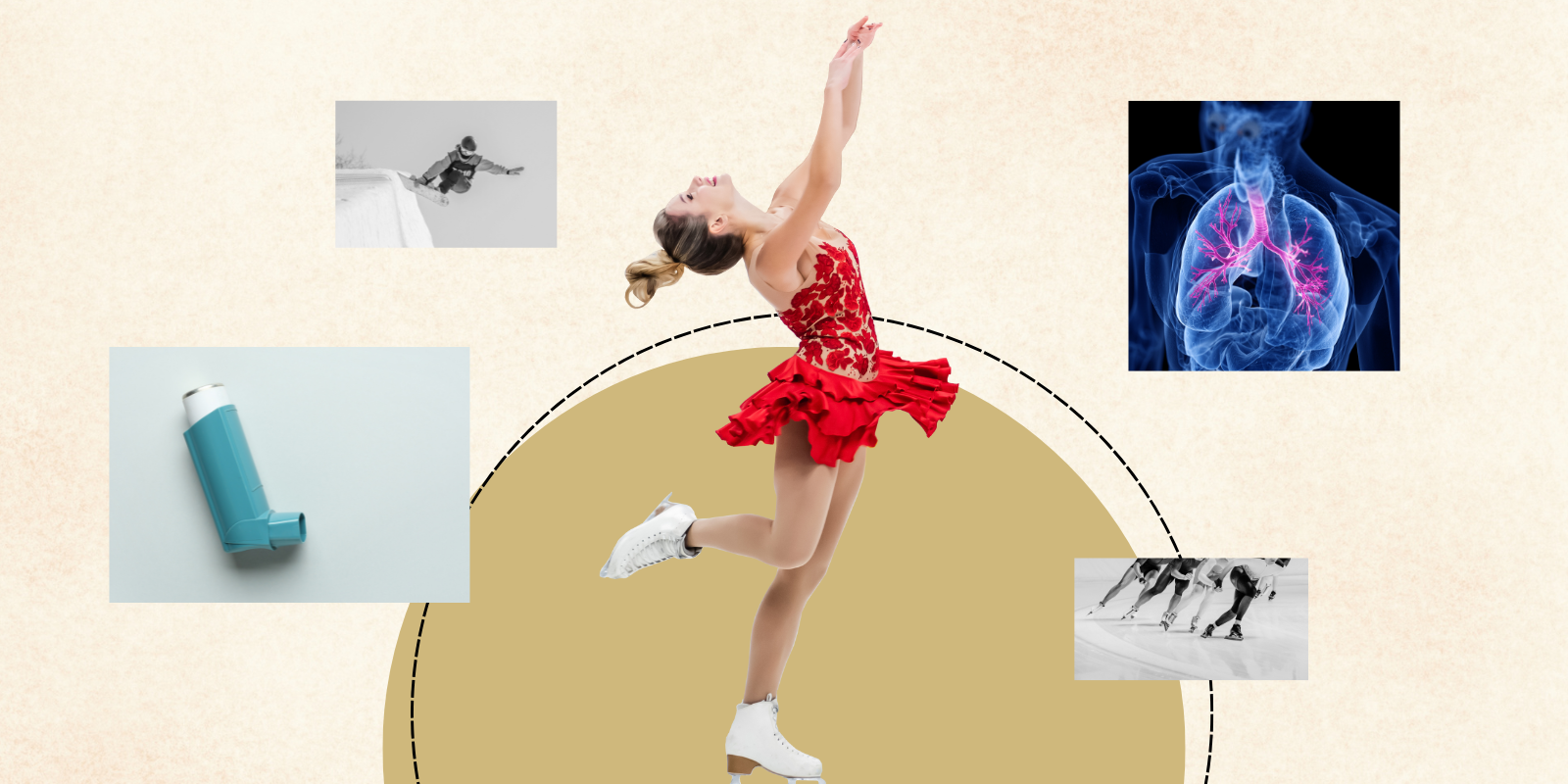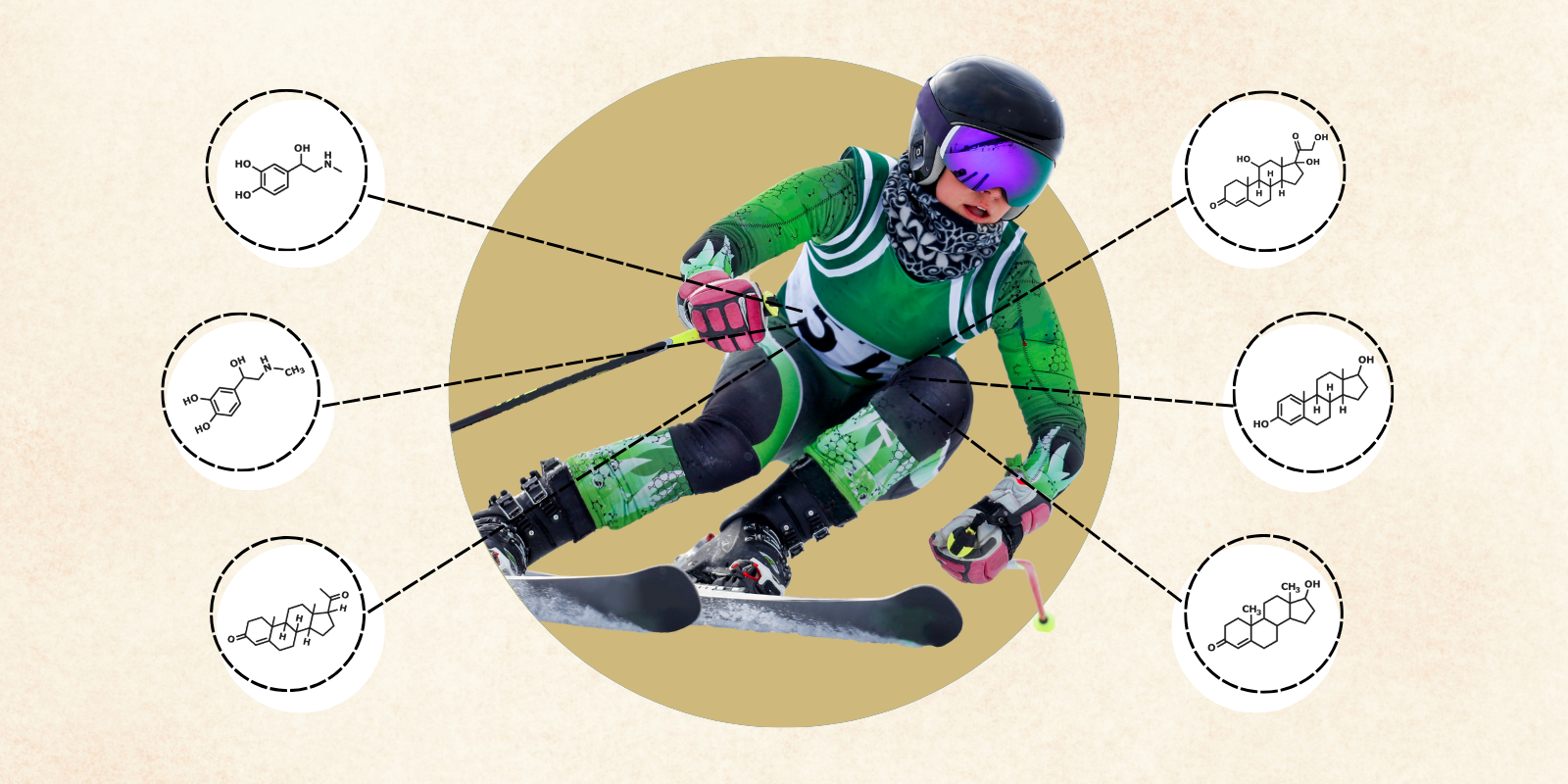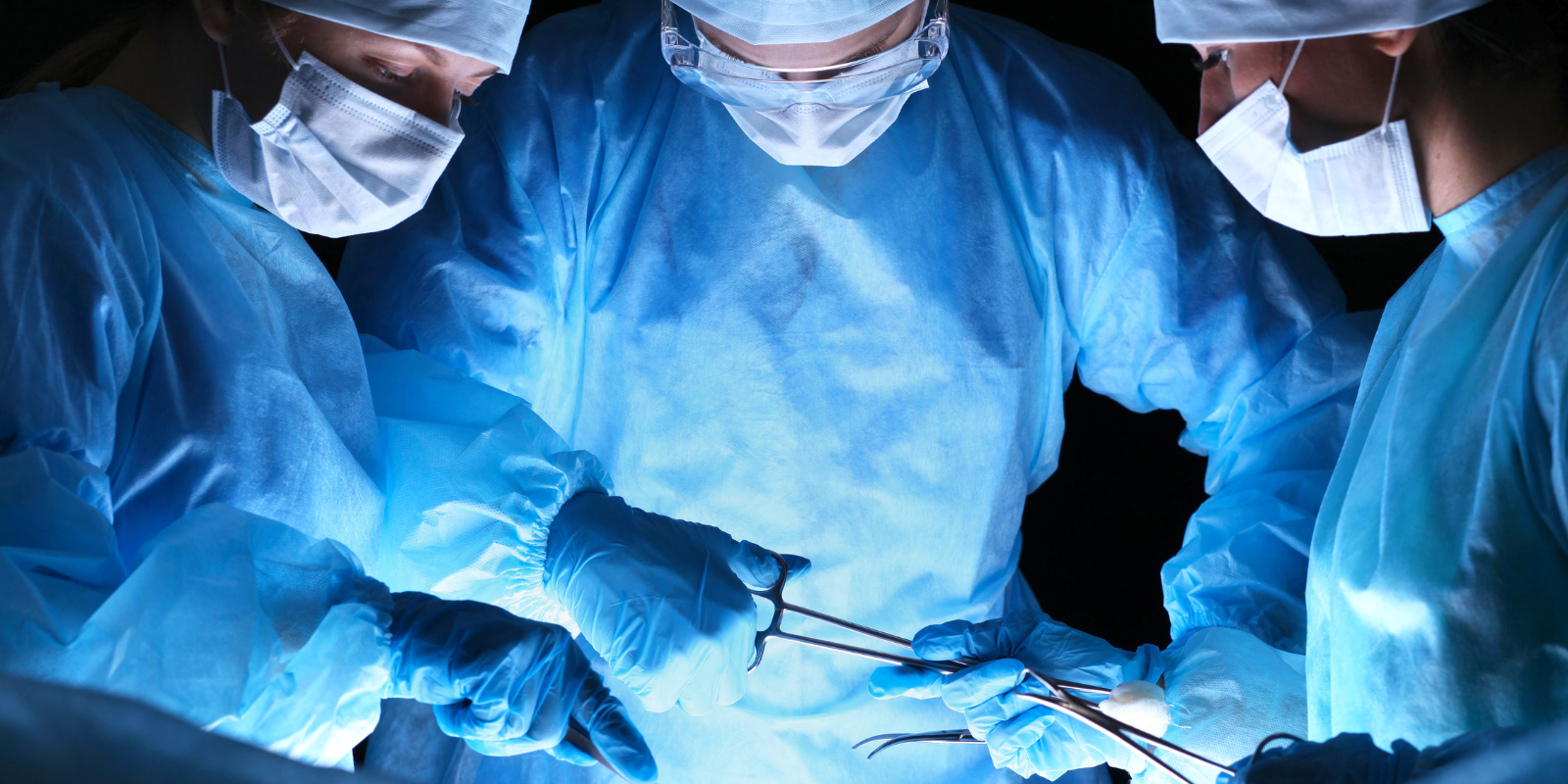What made you want to pursue nursing?
When I was young, I volunteered in the emergency room and liked taking care of people. Then, I got a full-ride scholarship offer from Regis University on the condition that I pursued nursing, which is how I initially chose the profession. During my last semester, I got to be in the cardiac intensive care unit with the nurse educator there, and I loved it.
At one point, before I went back to school to get my nurse practitioner degree, I tried working in the operating room for a year — but I missed the heart, and so I came back to the cardiac ICU and that’s where I’ve worked since as a nurse practitioner.
Why do you enjoy working in the cardiac ICU?
I don’t like to be sedentary, and in the cardiac ICU, it’s a fast-paced environment. You have to get involved quickly, develop a relationship with the patients and their families so they trust you, and then figure out what is best for them and what they want to do — all in a short period of time as you’re trying to help the patient feel better.
At the same time, there is a lot of medicine involved, and everyone responds differently, so it’s important to sit at the patient’s bedside and make changes until you are able to help them feel better. Sometimes, they get worse before they get better.
Also, when you’re involved in heart transplants and left ventricular assist device operations, you work with these patients for a long time and are able to develop a relationship with them and their families. There’s a lot of hardship with it, because we don’t have an alternative option for the heart — but with those losses, it makes the successes that much sweeter.
What made you decide to get your PhD?
I really love to teach, and I can envision myself potentially becoming a full-time teacher in the future. In my current role, I always have a few students that I work with, and it’s a lot of fun. No matter how long you’ve done something, I think you can always learn from the person you’re teaching, because they have fresh eyes and a different perspective than you. My passion for teaching is part of the reason why I got my PhD.
My PhD focused on decision making as it relates to people with heart failure. Because we have so much technology and alternative treatments, some patients feel like they’re never going to die. This can lead to conflict between the patient, their caregivers, and their health care team, because no one is on the same page or knows what to do if the patient’s heart stops or if their breathing stops. It was an interesting project because it showed me how often patients think they know what they want, but they don’t tell anyone about those wishes, leading to conflict for the people around them to know what to do.
 Emily Benton celebrating her graduation and receiving her PhD in 2020.
Emily Benton celebrating her graduation and receiving her PhD in 2020.
Can you describe what a day is like in your role as a lead nurse practitioner on the advanced heart failure and transplantation team?
I work in the inpatient ICU, so my work focuses on getting patients admitted and treated correctly, as well as caring for people who are getting a heart transplant or a left ventricular assist device (LVAD). The process involves a little bit of everything.
For patient evaluations, we look at what patients are going through and anticipate what could happen and their potential treatment options. We will coordinate an evaluation and have a meeting where we go through presentations and get financial approval to either list the patient as ready for a transplant or ready to implement an LVAD.
After they get transplanted or the device implemented, that’s where a lot of the work takes place. I do all of the medical intern education for the transplant and LVAD patients, exposing the interns to the medicines and the transplant process. We also educate them on how the new heart works and how we manage the patients’ health. It is a blend of medicine and teaching.
Have there been certain patient interactions or moments throughout your career that have shaped you as a nurse practitioner?
I can remember my first patient who died in the ICU when I graduated. It was really hard, but it also showed me that we can have dignified conversations about dying. My preceptor at that time was so gracious and understanding, telling me that death happens to us all. It is not a failure of what we do in medicine, as there are things that we cannot control.
It showed me the value of starting those conversations early and often with patients. The conversations are not easy to have, but I do feel comfortable with it because I feel so passionate about it.
When it comes to transplants, I prioritize advocacy for patients. Transplants have changed so much over the years. There are now circulatory death and brain death donors, providing more options for transplants — but you also have to make sure someone is an ideal candidate.
For people who do not reach the criteria of an ideal candidate, we have to find ways to still provide that patient a good quality of life. And if that is not possible, then maybe we need to re-evaluate what treatments we may or may not want to pursue. It takes time to identify what quality of life means to a patient and how we can get resources to give them that.
How do you go about building trust with patients and their families to have these difficult conversations?
It doesn’t happen on day one. It depends on how sick the patient is and how fast they need intervention. Oftentimes, the patients we see come from outside centers or from home and are in terrible shape. They usually can’t breathe, can’t talk, and their blood is not flowing well. I always ask upfront — if something were to happen to you, who can I call and talk to?
If we can help the patient stabilize and feel better in the first 24-48 hours, then I’ll sit down with them and have a conversation about what their situation is and determine what the next steps should be.
People appreciate that time to just feel like we’re not telling them what to do, and instead, we want them to articulate their wants. It makes it feel like a partnership between the patients and the health care teams.
 Emily Benton, second from far left, smiles with her family.
Emily Benton, second from far left, smiles with her family.
In what ways has the field for APPs evolved throughout your career?
It has evolved a lot. I think the autonomy that CU offers its APPs is very different from other places. It supports that autonomy to make the system as successful as possible.
The collaborative relationship between APPs and physicians really highlights the success of our care, because the physicians can’t handle everything themselves and we can’t handle everything ourselves. Facilitating good communication makes patient care better.
I think that over time, APPs have gone from working on prescriptive authority and doing basic care to now being involved in many different areas, such as procedures, managing people, and coordinating care. This creates a symbiotic relationship between APPs and physicians.
With it being National APP Week, what would you most like for community members to know about APPs?
Even though we don’t have ‘physician’ behind our name, we still do great work. We have a lot of bedside exposure and a strong understanding of the health care system.
The advocacy we offer our patients is unparalleled, because the physicians may not have time to sit down with patients. We take the time to develop those relationships, and the conversations we have with patients can completely change their treatment trajectory, because the patients may feel more comfortable voicing their opinions to us than their doctor.
I think APPs are the glue in the health care system, and we allow everyone to be more productive.
 CU School of Medicine Dean John H. Sampson, MD, PhD, MHSc, MBA, smiles alongside Emily Benton, PhD, NP, as Benton received a CU School of Medicine Distinguished Clinician Award.
CU School of Medicine Dean John H. Sampson, MD, PhD, MHSc, MBA, smiles alongside Emily Benton, PhD, NP, as Benton received a CU School of Medicine Distinguished Clinician Award.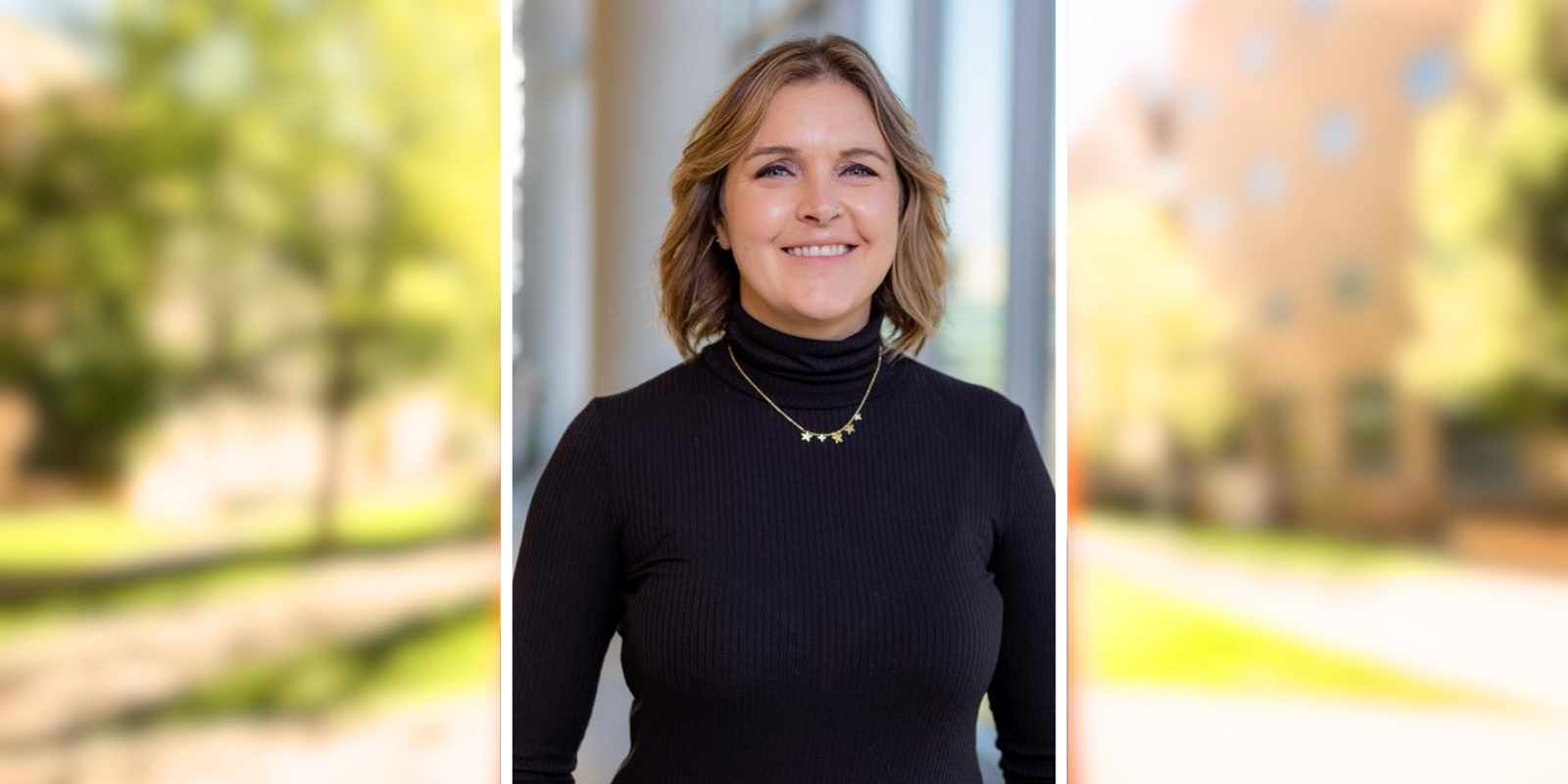


 Emily Benton, second from far left, smiles with her family.
Emily Benton, second from far left, smiles with her family.